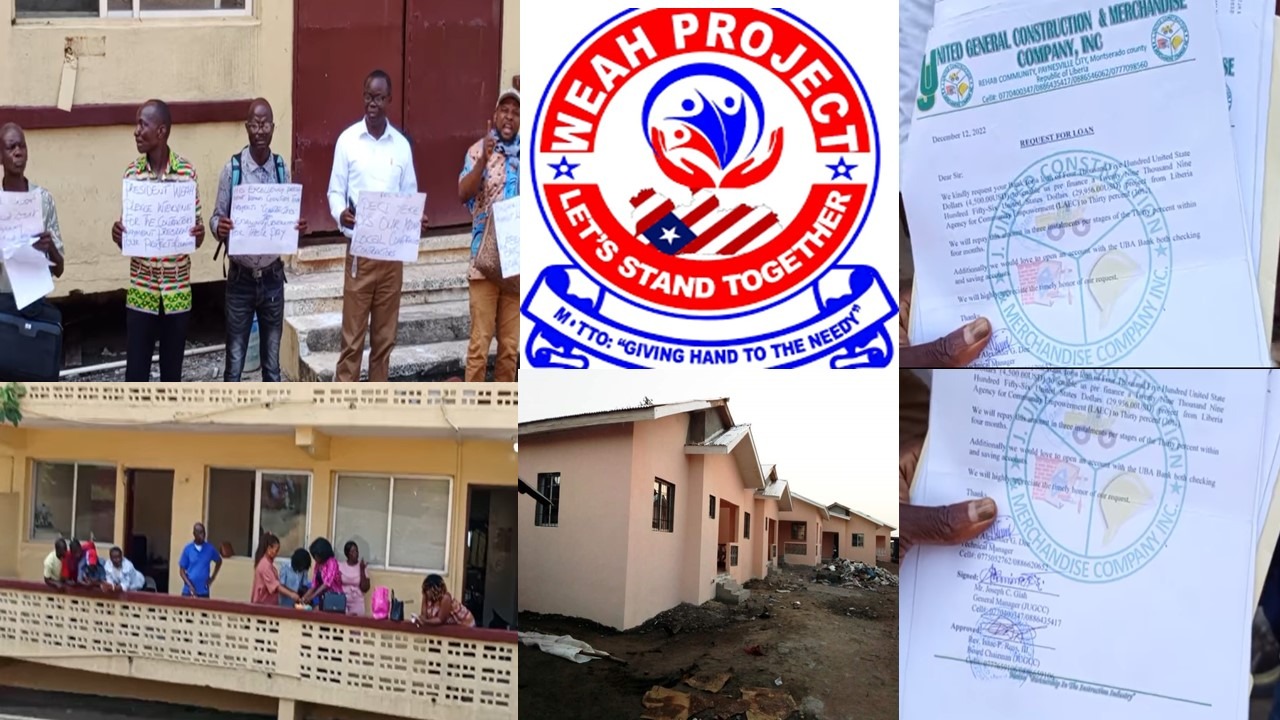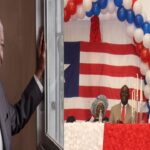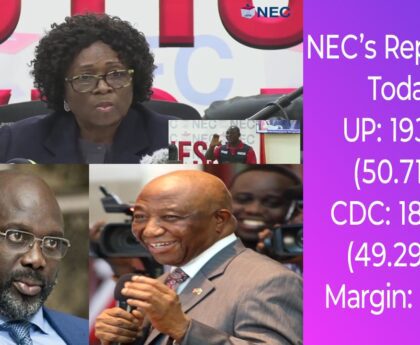In a dramatic turn of events, local construction companies contracted by the Liberia Agency for Community Empowerment (LACE) have locked down the agency’s offices, demanding payment for their work on the Presidential County Tour Projects, commonly referred to as the “Weah Project.” The move comes as a manifestation of growing frustrations among the contractors who claim they have not been adequately compensated for their efforts in implementing key developmental projects for President George Weah’s initiative.
The Weah Project was envisioned as a comprehensive effort to boost community development and empowerment across various counties in Liberia. LACE, tasked with implementing these projects, engaged several local construction companies to carry out the infrastructure development aspect of the initiative. However, it appears that the promised payments for the contractors have not been disbursed as anticipated.
Contractors’ Grievances:
The contractors allege that they have faced financial strain due to delays in receiving payment for completed projects under the Weah Project. This has led to a collective decision to lock down LACE offices until their outstanding dues are settled. The contractors argue that their contributions to the initiative have been vital in bringing tangible improvements to local communities and, as a result, they deserve timely compensation for their services.
Impact on Communities:
The current standoff between the local construction companies and LACE has raised concerns about the potential impact on the affected communities. With infrastructure projects left incomplete and resources tied up in the dispute, the envisioned benefits of the Weah Project, such as improved roads, schools, and healthcare facilities, are now at risk of being delayed or compromised.
Government Response:
President George Weah’s administration has yet to release an official statement regarding the contractors’ grievances. The government faces the challenge of balancing the need to address the contractors’ demands while ensuring the continuity of the Weah Project for the benefit of the communities involved.
Resolution Efforts:
Efforts to resolve the deadlock are underway, with stakeholders engaging in negotiations to find a fair and timely solution. It remains to be seen whether a compromise can be reached that satisfies both the contractors and the government’s commitment to community development.
Conclusion:
The locking down of LACE offices by contractors involved in the Weah Project highlights the complexities and challenges associated with implementing large-scale developmental initiatives. As negotiations continue, it is crucial for all parties involved to prioritize the well-being of the communities affected by the ongoing dispute, ensuring that the goals of the Weah Project are ultimately achieved for the benefit of the Liberian people.




